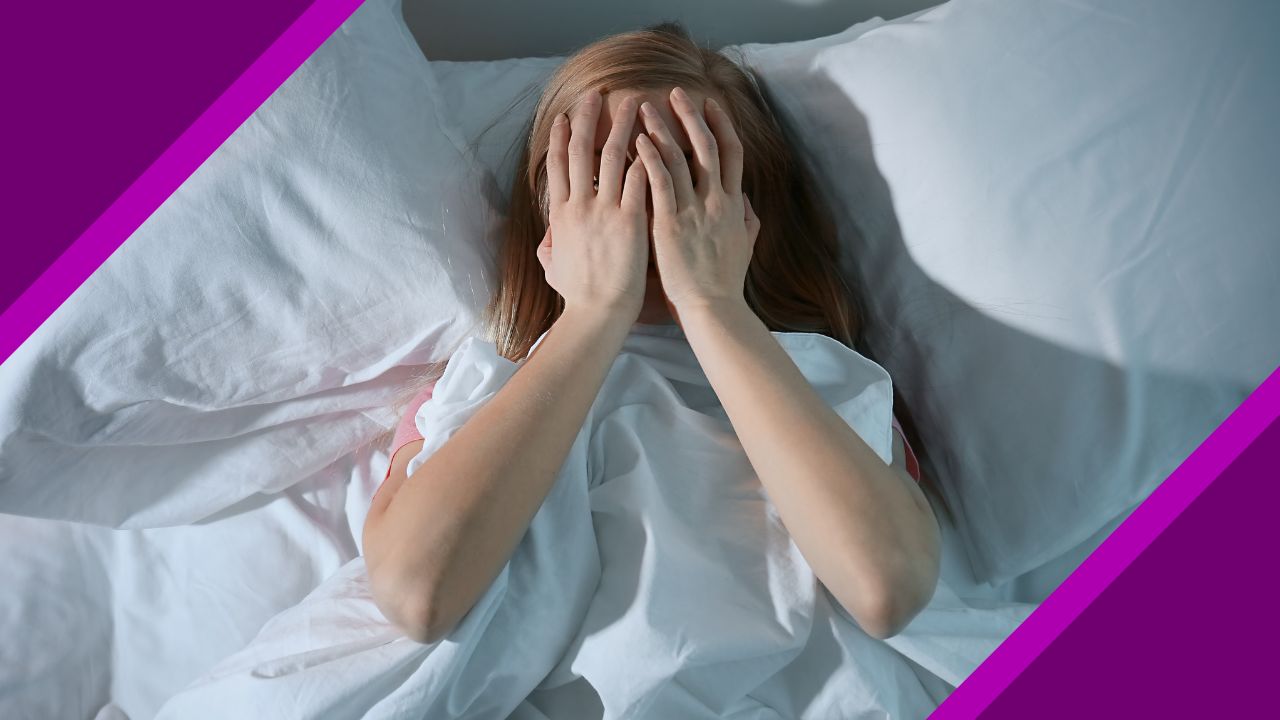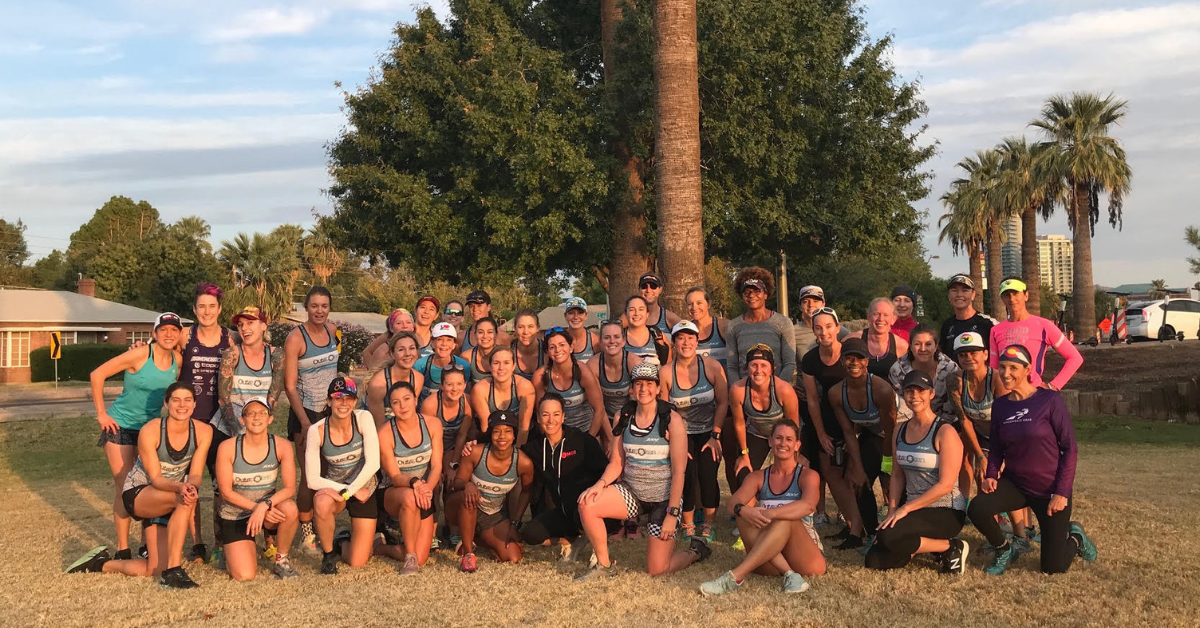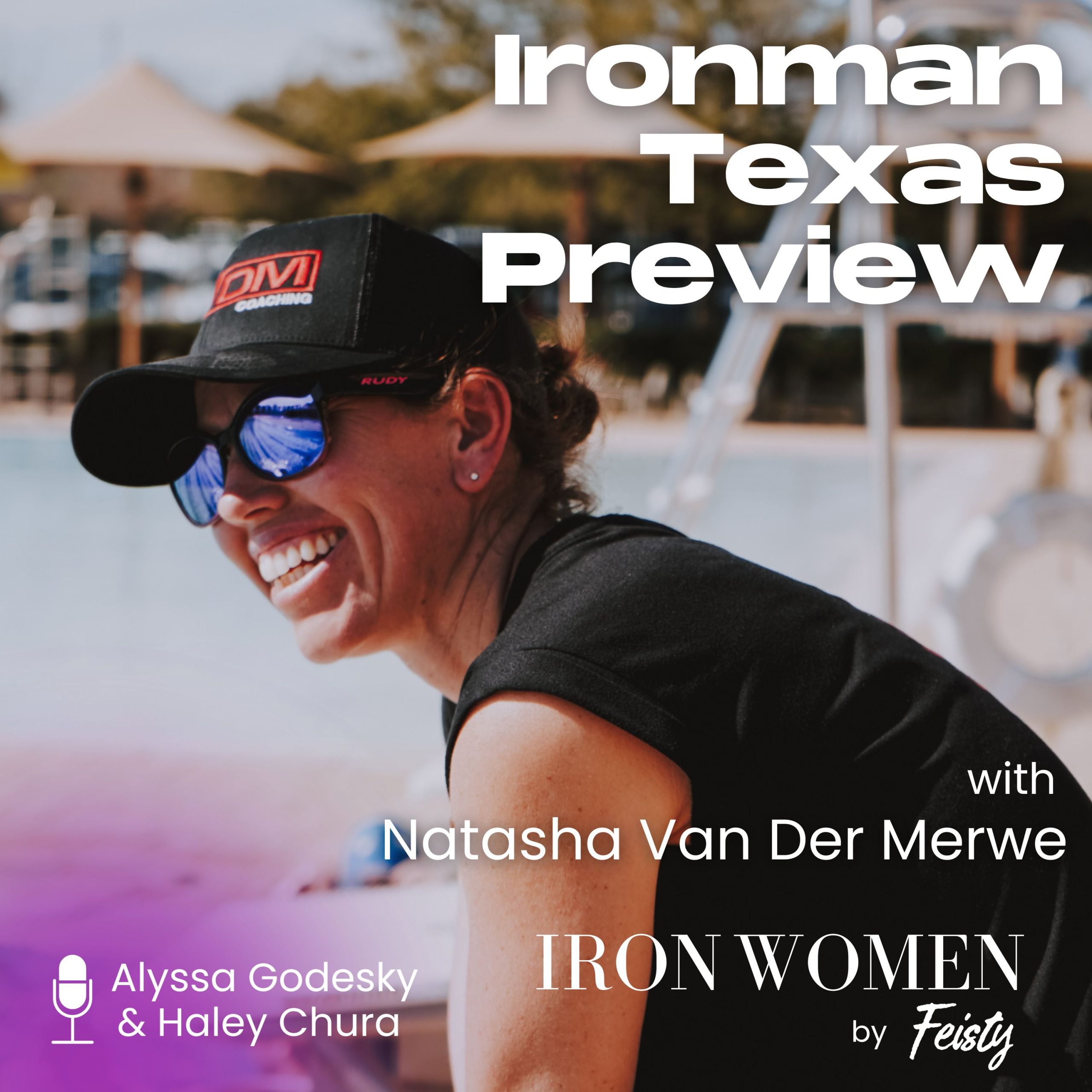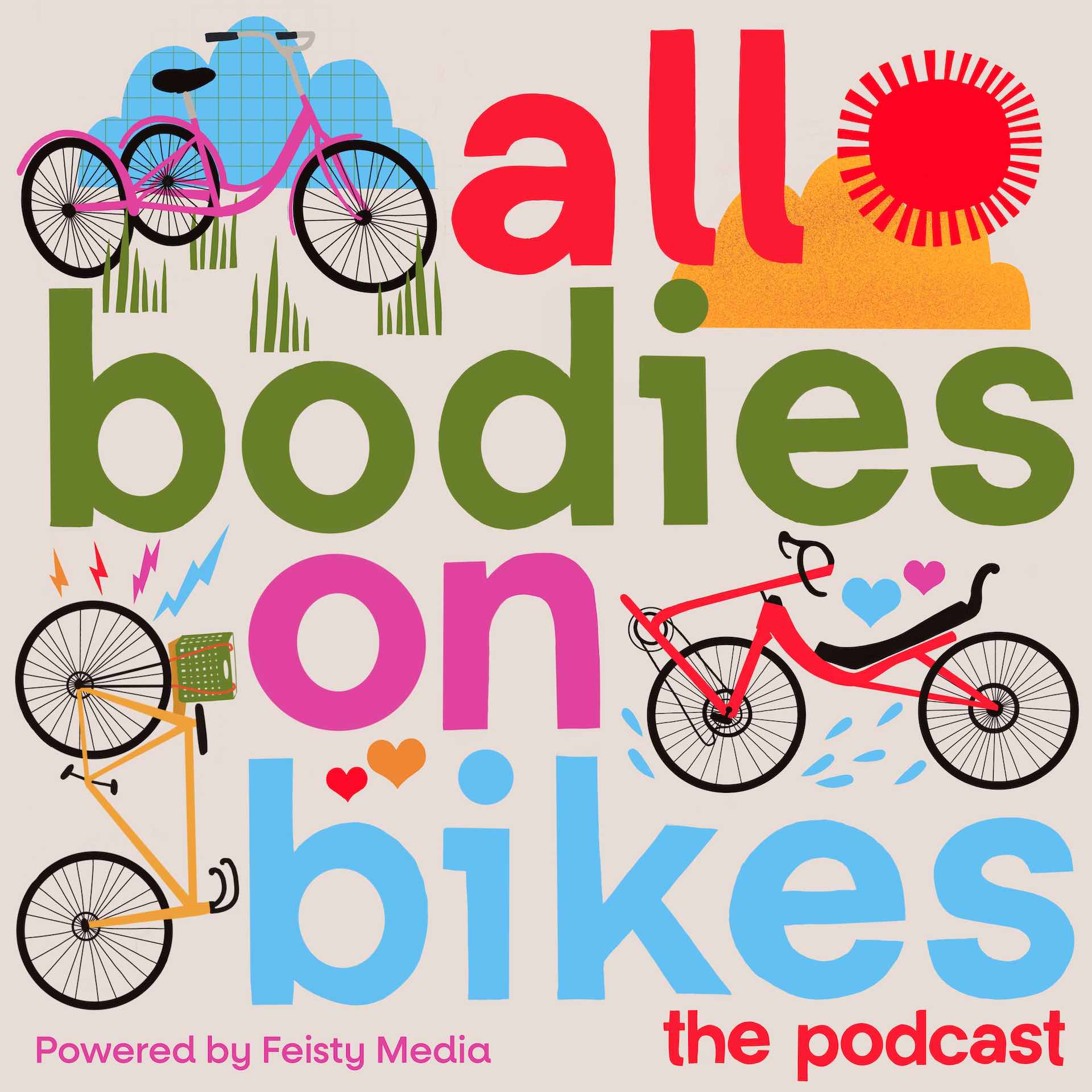November 14, 2022
Are You a Night Sweater, Hot Flasher, or 24/7 Inferno?

Our thermostats can go haywire during menopause. How and when can impact our health.
By Selene Yeager
Temperature control can be a bear during the menopause transition. Estrogen helps manage our core temperature by controlling mechanisms like blood flow to the skin and sweating. When estrogen starts fluctuating and declining during the menopause transition, our thermostat goes haywire, and our brain overreacts to changes in temperature and senses that it’s too hot even when it’s not. The result: “vasomotor symptoms” like hot flashes and night sweats that torment up to 80 percent of women, with many rating them as moderate to severe.
We generally talk about hot flashes and night sweats in the same breath, and they are similar, if slightly different phenomena. The distinction between the two is that hot flashes can occur anytime day or night and though they can cause intense feelings of heat, they may or may not include sweating. Night sweats are episodes of intense sweating — often soak the sheets level perspiration — that occur exclusively during the nighttime.
Both hot flashes and night sweats can be disruptive and negatively impact your quality of life. A growing body of research is now also connecting them to chronic diseases like heart disease, depression, and cognitive impairment. A new study presented during the 2022 North American Menopause Society (NAMS) Annual Meeting also finds that night sweats may be uniquely troublesome when it comes to mood disorders.
In the study, which included 200 women ages 45 to 55, researchers from the University of Massachusetts sought to determine whether women who experience night sweats experience different levels of stress or depression from those who say they have hot flashes. They found that 70 percent of the women experienced hot flashes and 63 percent experienced night sweats over a two-week study period. Self-reported night sweats and hot flashes were both associated with depression, but only night sweats were associated with higher stress.
Women who reported the highest hot flash frequency at night had significantly higher depression scores compared to women who had the highest hot flash frequency during other times of the day.
“These results support previous studies that found that sleep disruptions during menopause have a significant effect on quality of life and suggest that night sweats may have more severe consequences than hot flashes,” concluded the researchers.
“We know that sleep disturbances are one of the biggest detriments for women going through menopause, but these results are unique because they show that women experiencing night sweats, rather than just hot flashes, may be at an even bigger disadvantage,” said Sofiya Shreyer, lead author of the study from the Anthropology Department at the University of Massachusetts in a press release.
Take Your Hot Flashes & Night Sweats Seriously
Whether you’re broiling during the day or setting off your personal sprinkler system at night (or both!), it’s important to take your symptoms seriously.
Doctors used to brush them off as “bothersome” and short-lived. Buy a fan, wear layers, and soldier on. Research shows that was wrong. Vasomotor symptoms start earlier and last longer than once thought — between seven to 10 years or more. Again, severe symptoms have also been tied to chronic disease and other negative health conditions.
During the 2022 North American Menopause Society (NAMS) Annual Meeting, Rebecca C Thurston, Ph.D., Claudio N Soares, MD, Ph.D., and others presented research showing that severe hot flashes and night sweats were linked to increased risk for cardiovascular disease, white matter hyperintensities (lesions in the white matter of the brain — early markers of later risk for cognitive decline, dementia, and stroke), depression, and memory issues (especially when they disrupted sleep). They’ve also been linked to weight gain. Do not just suffer through or “tough it out”.
How do you know if your symptoms are severe? There’s no official rating scale, but research generally classifies them according to how much they disrupt your daily life, as follows:
Mild — no interference with usual daily activities
Moderate — some interference with usual daily activities
Severe — disrupts or prevents usual daily activities
When considering how disruptive your symptoms are to your daily life, remember to take your sleep into account. If you’re running on low energy and struggling with brain fog because hot flashes and/or night sweats prevent you from sleeping through the night, that’s highly disruptive.
Hot Flash and Cold Sweat Relief
There are various lifestyle approaches that can help with vasomotor symptoms. Some women find relief by limiting alcohol and/or caffeine. Cognitive behavioral therapy can help reduce vasomotor and related menopausal symptoms.
For many women, lifestyle is not enough, especially when symptoms are severe. Hormone therapy is the most effective treatment for relentless hot flashes & night sweats. Research indicates that benefits outweigh risks for women younger than 60 or within 10 years of menopause who have no contraindications like breast cancer, heart disease, or blood clot risk.
Nonhormonal treatments like Swedish pollen extract, the active ingredient in Bonafide’s* Relizen may provide relief, as can black cohosh and maca. You can talk to your doctor about non-hormonal, pharmaceutical treatments like SSRIs and SNRIs. New non-hormonal treatments, including Fezolinetant (FDA approval pending, anticipated in Feb 2023), are coming soon.
We need more research to know how treating hot flashes impacts disease risk. But there’s no question you’ll feel better (and probably sleep better), which helps you live a fuller life and perform better. And that’s got to be good for you.
* Disclaimer that Bonafide is a sponsor of Feisty Menopause’s podcast Hit Play Not Pause. Women in our audience have found relief from Relizen, and we obviously also want to point out anytime we mention a product that we have sponsorship ties with. If you do decide to try their products, you can get 20% off your first purchase when you subscribe to any product with code HITPLAY at hellobonafide.com/hitplay


 Outspoken Women in Triathlon Summit Returns Bigger than Ever
Outspoken Women in Triathlon Summit Returns Bigger than Ever  Driving the Lamborghini: Productivity and the Power of Paper
Driving the Lamborghini: Productivity and the Power of Paper  5 take aways from the Compete Sports Diversity Summit
5 take aways from the Compete Sports Diversity Summit  Simple Tips to Hone Your Bike Handling Skills
Simple Tips to Hone Your Bike Handling Skills 

